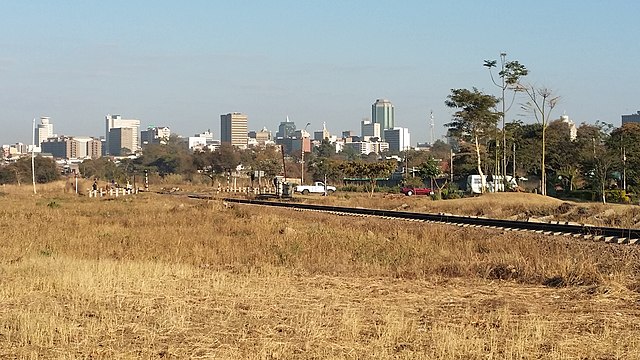The Facts
On Wednesday, Zimbabwe will hold its ninth general election since independence from Britain in 1980 and second since incumbent President Emmerson Mnangagwa removed Robert Mugabe as the country's leader in 2017.
In 2018, Mnangagwa narrowly won elections against Nelson Chamisa, the leader of the Citizens Coalition for Change (CCC), who is attempting to become the first president in 43 years not to represent the Zimbabwe African Union-Patriotic Front (ZANU-PF).
The Spin
Pro-establishment narrative
Zimbabwe has forged a path to greatness under the leadership of ZANU-PF and, following his widely-expected election victory, Mnangagwa will continue to lead the nation to greater and greater strengths. Zimbabwe must be wary of the inevitable unrest that the opposition will attempt to impose after another election defeat and continue to support those who wish to push the nation even further forwards.
Establishment-critical narrative
Given Zimbabwe's economic decline and his appeal to the youth, Chamisa is the most promising candidate to run against Mnangagwa. However, while a social democrat with his progressive platform would have a good chance of winning in a truly democratic election, this is not the case in authoritarian Zimbabwe. After four decades of Zanu-PF rule Zimbabweans yearn for change, but the elections are not a legitimate opportunity for reform.





